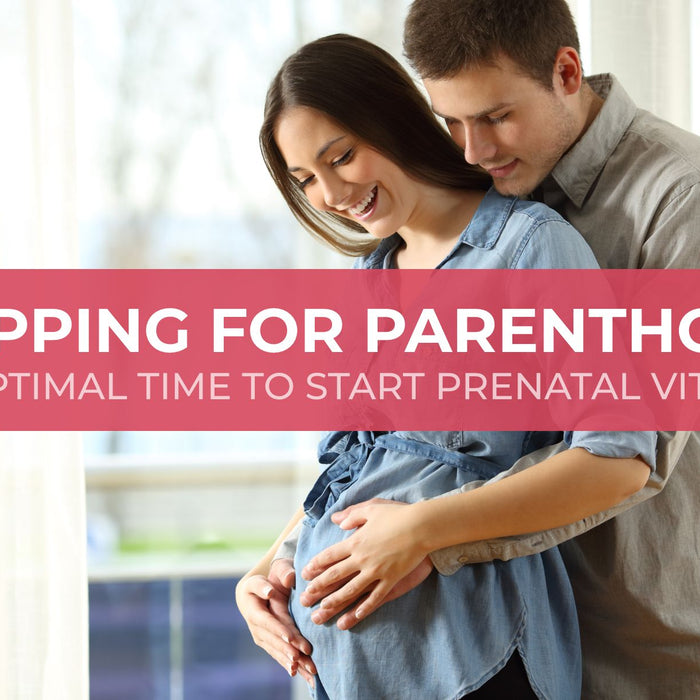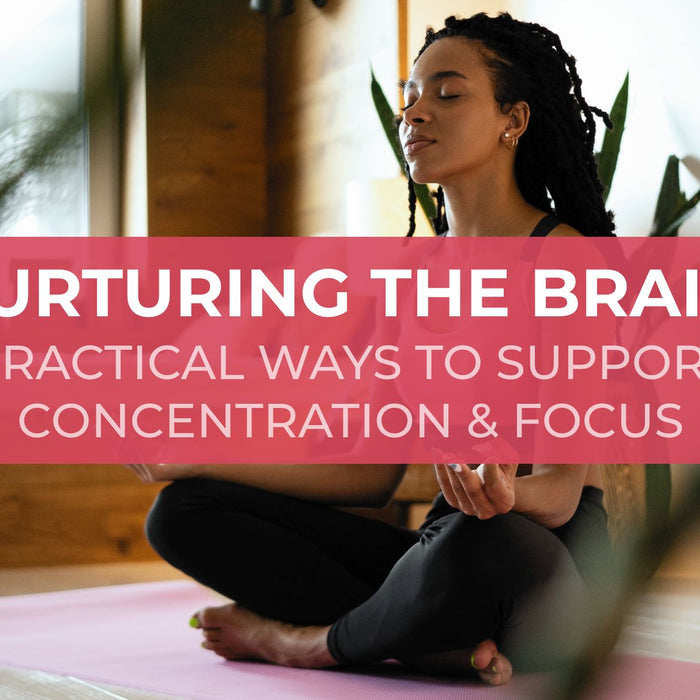
Prepping for Parenthood: The Optimal Time to Start Prenatal Vitamins
Deciding when to start taking prenatal vitamins is a big step on your pregnancy journey....
800-547-9812
800-547-9812

Deciding when to start taking prenatal vitamins is a big step on your pregnancy journey....

If you've found your way here, you might be feeling lost, frustrated, or heartbroken after...

Sometimes, your body can't handle folate, and you'll experience unpleasant side effects. You may feel...
Monitoring your reproductive cycle is easier than ever. By keeping tabs on ovulation, you can...

Imagine your body as a garden that you want to flourish with new life. For...

Today’s highly connected world is full of distracting stimuli. You may find it harder and...

In today’s digital era, where distractions abound at the click of a button, maintaining cognitive...

Can quercetin support seasonal wellness? Definitely!† But is it an antihistamine? No! If you’re one...

You may find it difficult to get enough folate if have the MTHFR gene mutation....